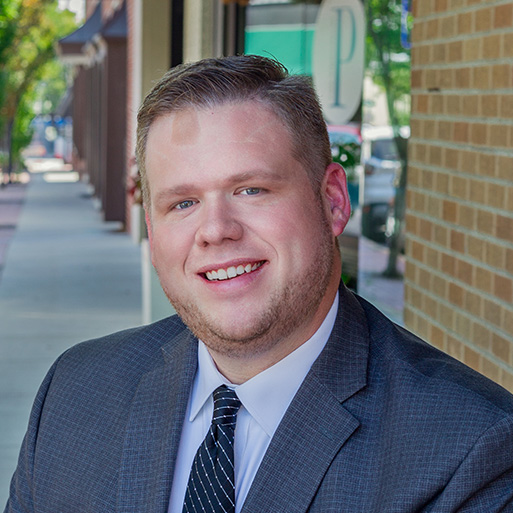Social Security Payments After a Person Dies
“The Social Security Administration should be notified as soon as possible after a beneficiary dies. Depending on your relationship to the deceased, you may be entitled to benefits for survivors.”
How does the federal government know to stop sending Social Security payments when a recipient has died? What if the surviving spouse or a dependent doesn’t know they are entitled to benefits after a loved one has died?
Tackling this issue when an older person or spouse has died can be complicated, but a helpful article from CNBC titled “Here’s what happens to Social Security payments when you die” provides important answers.
Notifying Social Security Administration of the Death of a Benefit Recipient
Consequences of Delay in Notifying Social Security Administration
The Social Security Administration needs to be notified of the death of a benefit recipient as soon as possible. In some cases, funeral homes have a notification process, and they report the death. The person who has been named as the deceased’s executor can also call Social Security.
Whoever calls or contacts the Social Security Administration will need to know the decedent’s Social Security number.
The last month a person is eligible for Social Security benefits is the month prior to their death. Any benefit paid after the month of their death must be refunded. That’s because each payment received represents the previous month’s benefits. If a person dies in August—even if they die on August 31—July is the last month they were eligible for benefits.
If benefits are made by direct deposit, the bank needs to be notified, so it can return the benefit. Using those funds after a recipient has died is a federal crime, even if the death is not reported. If the SSA receives notice of this occurring, the agency may initiate a criminal investigation. The SSA and other government agencies coordinate their records to identify any unreported deaths.
Social Security Payments Eligibility for Survivors
Survivor Benefits for Spouse and Qualified Child
Anyone already receiving money based on the deceased’s record will automatically convert to survivor benefits, once the SSA receives notice of the death. However, in other cases, the surviving spouse should contact SSA to apply for survivors’ benefits. This must be done by appointment in person at a local office since it cannot be done online.
If the surviving spouse has reached full retirement age, they can get their deceased spouse’s full benefit. They can apply for reduced benefits as early as age 60 or age 50, if they are disabled. If the survivor qualifies for Social Security on their own earnings record, they can switch to their own benefit anytime between ages 62 and 70, if the benefit amount would be greater.
There is usually a one-time lump-sum death payment of $255 given to a surviving spouse or qualified child.

Estate Planning Legacy Planner
Everyday, we work with people who have lost someone they care about. There is so much these folks have to organize and manage. This planner organizes the information they will most need, in our experience, saving so much time and unnecessary cost. Besides organizing your information, it's so important to have a good estate plan that will keep your family out of court and conflict.
Please use the button below to receive a free copy of our Estate Planning Legacy Planner, an organization tool essential to any estate plan designed to help your loved ones take care of you and handle your affairs.
Attorney Benjamin Long
Benjamin Long is a founding attorney at Schlagel Long, LLC in Olathe, Kansas, specializing in estate planning, probate law, and navigating complex beneficiary issues related to Social Security benefits. With extensive experience guiding families through difficult decisions following the death of a loved one, Ben helps clients understand their rights and obligations concerning survivor benefits, ensuring they avoid costly mistakes or penalties.
Ben regularly advises surviving spouses, children, and executors on properly notifying government agencies and securing entitled benefits. His thoughtful approach focuses on minimizing stress, clarifying eligibility, and protecting clients from unintended legal or financial complications—including the potential consequences of delayed reporting to the Social Security Administration.
Ben earned his law degree from Washburn University School of Law, receiving a Certificate in Advocacy and induction into the Order of the Barristers. He also holds a Bachelor of Science from Kansas State University. Recognized for excellence in estate planning, Ben has been named a Super Lawyers Rising Star and received the Martindale-Hubbell Client Distinction Award.
Active in legal education, Ben teaches as adjunct faculty at Washburn Law School and coaches the Kansas State University Mock Trial Team. He resides in Olathe with his wife, Dr. Andra Long, and their two daughters.

